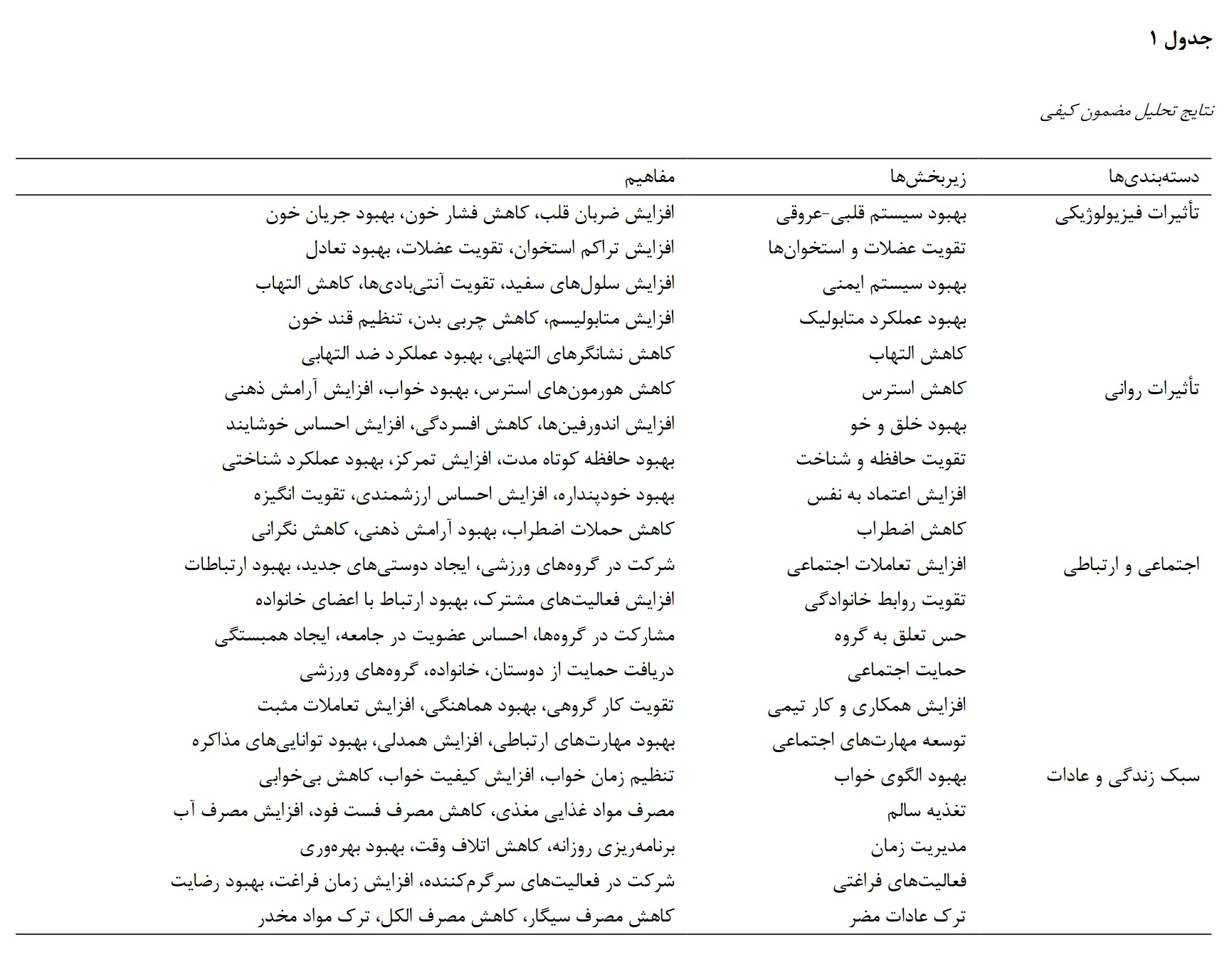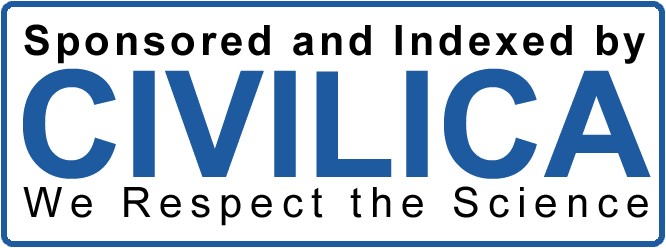Exercise-Induced Hormesis: Implications for Aging and Longevity
Keywords:
Exercise-induced hormesis, aging, longevity, physical activity, elderly healthAbstract
This study aimed to explore the concept of exercise-induced hormesis and its implications for aging and longevity. We sought to understand how regular and balanced physical activity could enhance physiological and psychological health in older adults, thereby improving their overall quality of life. This qualitative research was conducted in Tehran and involved 20 elderly participants aged over 65 years who regularly engaged in physical activities. Data were collected through semi-structured interviews until theoretical saturation was achieved. The interviews focused on participants' experiences and perceptions of the impact of exercise on aging and longevity. Data were analyzed using thematic analysis with the help of NVivo software to identify major themes and sub-themes related to the study objectives. The analysis revealed several key themes: physiological effects, psychological effects, social and relational benefits, and lifestyle and habits improvements. Participants reported significant improvements in cardiovascular health, muscle and bone strength, immune function, and reduction in inflammation. Psychologically, exercise led to reduced stress, improved mood, enhanced cognitive function, and increased self-esteem. Socially, participants experienced enhanced social interactions, stronger family relationships, and a greater sense of belonging. Lifestyle improvements included better sleep patterns, healthier nutrition, effective time management, and the cessation of harmful habits. The findings of this study underscore the multifaceted benefits of regular exercise for older adults, highlighting its potential to act as a hormetic agent that promotes both physical and mental well-being. The study suggests that incorporating regular physical activity into the daily routines of the elderly can significantly contribute to improved health outcomes and longevity. Future research should focus on larger, longitudinal studies to further validate these findings and explore the long-term effects of exercise-induced hormesis on aging.










